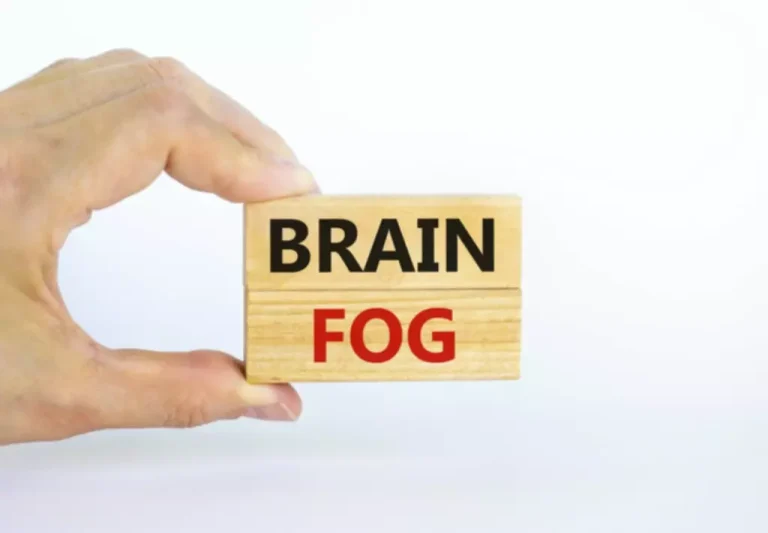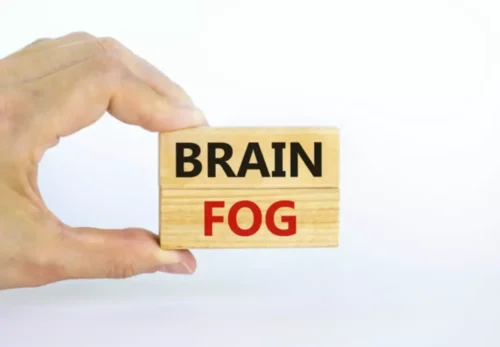
Ria provides access to anti-craving medications, weekly coaching meetings, expert medical advice, and more—all from an app on your phone. You may be wondering if it is harmful to drink when you are feeling sick, and how much is too much. Dependent drinkers with a higher tolerance to alcohol can often drink much more without experiencing any noticeable effects. Alcohol is a powerful chemical that can have a wide range of adverse effects on almost every part of your body, including your brain, bones and heart. The occasional quarantine cocktail isn’t going to inhibit the immune system or set you on a path to alcohol misuse.
Long-Term Effects of Alcohol

If you enjoy caffeinated beverages, limit them to just a couple of cups daily and try to consume them at least 6-8 hours before bedtime. A 2021 review in Toxicology Reports noted that alcohol could affect the diversity of the healthy bacteria in your gut and contribute to a less functional gut barrier—meaning pathogens can sneak past it. Excess alcohol intake can also inhibit your immune system’s ability to create the antibodies you need to ward off foreign invaders, like the flu virus.
How Do Drugs And Alcohol Affect The Immune System?

Elevated levels of ROS cause oxidative stress https://ecosoberhouse.com/ which has been shown to play a role in several harmful processes including cancer development, atherosclerosis, diabetes, and inflammation (Tuma and Casey 2003). Though there’s still limited data on the link between alcohol and COVID-19, past evidence shows alcohol consumption can worsen the outcomes from other respiratory illnesses by damaging the lungs and gut, and impairing the cells responsible for immune function. For example, a 2015 study in the journal Alcohol found that binge drinking can reduce infection-fighting white blood cells known as monocytes in the hours after peak intoxication, essentially weakening your immune system.
How does alcohol change immunity? 3 truths about lockdown drinking
- The article by Crews, Sarkar, and colleagues presents evidence that alcohol results in neuroimmune activation.
- Recent studies have shown that the microbiome modulates immunity in the gut, and in turn, immunity modulates the microbiome in the gut (Belkaid and Hand 2014).
- Alcohol can hinder the body’s ability to recover from tissue injury and heal infections.
- Acetaldehyde is the toxic byproduct that contributes to tissue damage, alcohol dependence, and addiction (Zakhari 2006).
It is also critical to take into consideration that the effects of ethanol on immune function in vivo could involve the actions of its primary metabolite, acetaldehyde. Therefore, more studies looking at the effects of ethanol metabolites in vivo are needed. Acetaldehyde has also been shown to affect NFκB-induced cytokine production in various liver cells. Finally, acetaldehyde disrupts intestinal epithelial barrier function and increases paracellular permeability which plays a crucial role in the pathogenesis of alcoholic liver disease by a tyrosine kinase-dependent mechanism (Sheth, Seth et al. 2004). Alcohol is a widely available dietary factor in our society and its pro-inflammatory effects and end-organ damage are well documented at high doses.7 However, alcohol’s role in inflammation and autoimmunity at moderate doses has been relatively less well understood.
“Alcohol also destroys the protective lining inside your respiratory tract that your immune system uses to prevent upper respiratory tract infections like the common cold,” Dasgupta says. Lung conditions linked to alcohol include pneumonia, tuberculosis and acute respiratory distress syndrome, according to the NIAAA. There is some evidence that sorrow, especially if lasts a long time, can depress your body’s immunity.
- Consuming alcohol alongside anti-inflammatories can increase the risk of bleeding in your gastrointestinal tract.
- Acetaldehyde has also been shown to affect NFκB-induced cytokine production in various liver cells.
- An army of antibodies — Another subsystem of the immune system is called adaptive immunity.
- Some people living with these chronic conditions do everything they can to stave off inflammation and brain fog.
Many substances cause dehydration, mental or physical fatigue, and lack of food or sleep, which can result in a weakened immune system. When the immune system is down, it is at heightened risk for invasion of disease and infection. If you do choose to imbibe, it’s best to avoid binge drinking and stick to CDC Guidelines — consuming no more than one drink per day for women or up to two drinks per day for men.


AhR aberrant expression has also been linked to autoimmune dysregulation.98,99 As AhR ligand administration is beneficial in autoimmune diseases, lower levels of AhR due to chronic high-dose alcohol may potentially contribute to autoimmune disease exacerbation. While binge drinking is typically more harmful than occasional drinking, any amount of alcohol can have adverse effects on the body and its ability to fight infections and diseases. Drinking every day or drinking too much alcohol at a time may affect the immune system more than drinking every other day or every few days, but the healthiest thing to do is abstain from drinking completely. Decreased IL-2 and CCL5 levels provide insight into possible mechanisms of impaired T cell recruitment and proliferation.

Drinking impairs immune cells in key organs
T and B cell does alcohol weaken your immune system activation in the presence of retinoic acid results in the up-regulation of gut-homing molecules and generation of IgA-secreting B cells (Mora, Iwata et al. 2008). Consequently, deficiency in vitamin A results in the impairment of mucosal responses (Mora, Iwata et al. 2008). Vitamin D has long been known to have a critical role in calcium and phosphorous homeostasis. In addition, antigen presenting cells convert vitamin D to 1,25(OH)2VD3, a physiologically active form of vitamin D that is highly concentrated in lymphoid tissues (Mora, Iwata et al. 2008) where it can modulate function of T and B cells which express vitamin D receptors.


